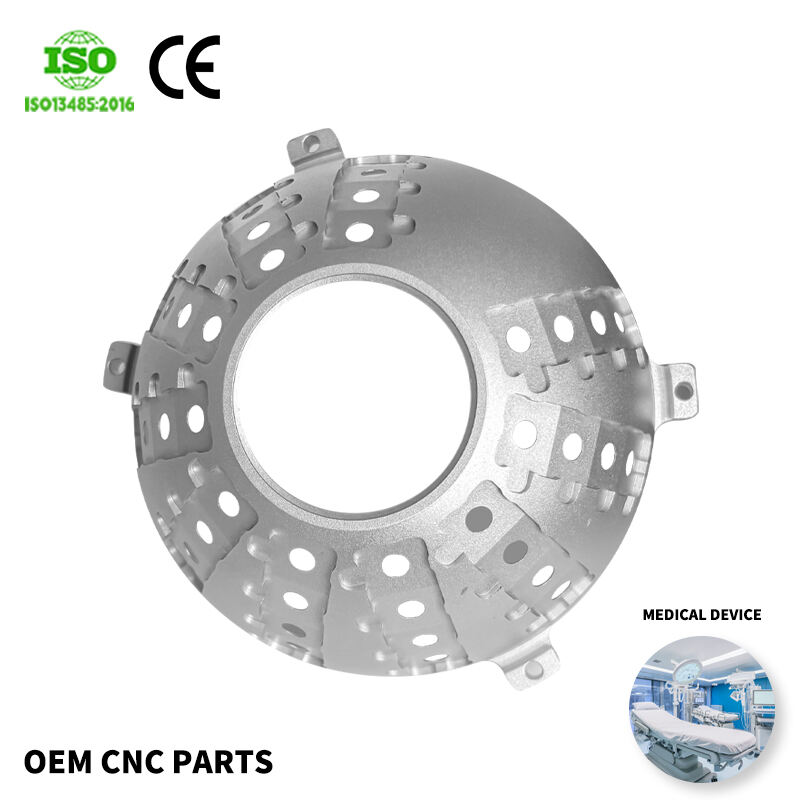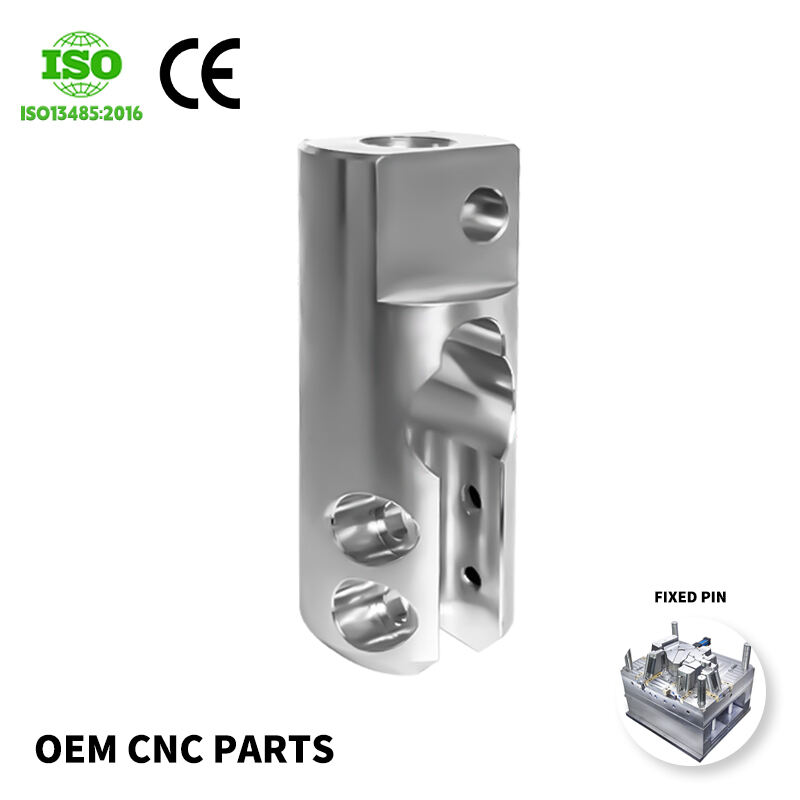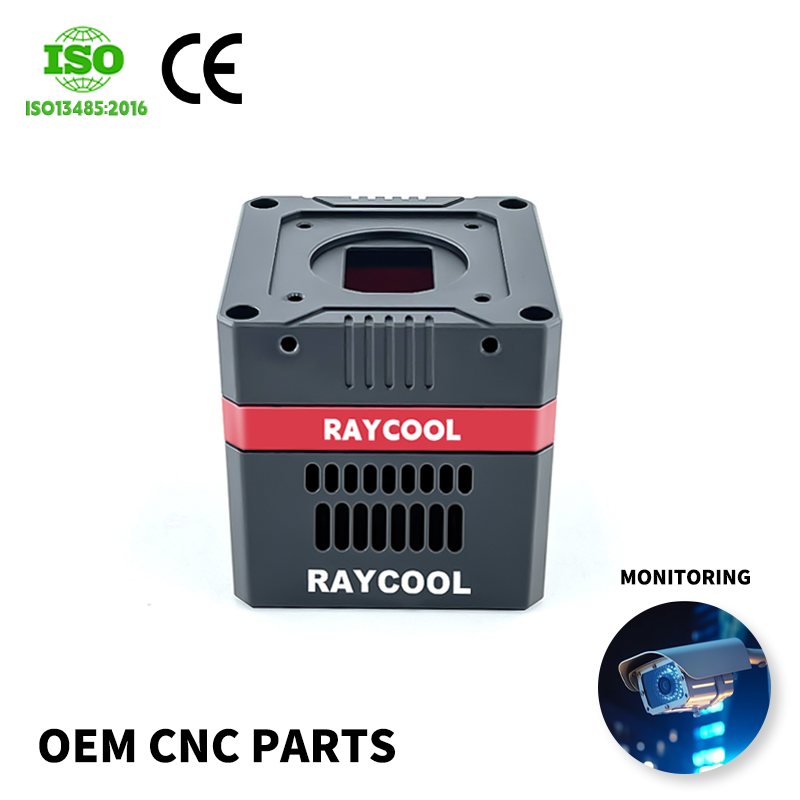aluminium aeroplane parts
Aluminium aeroplane parts represent a cornerstone of modern aviation engineering, combining lightweight durability with exceptional performance characteristics. These components, ranging from fuselage panels to wing structures, are crafted from specialized aluminum alloys that deliver optimal strength-to-weight ratios. The manufacturing process involves precision engineering, incorporating advanced heat treatment and surface finishing techniques to enhance corrosion resistance and structural integrity. These parts are designed to withstand extreme temperature variations, high-altitude pressure changes, and significant mechanical stress while maintaining their structural properties. The integration of aluminum components in aircraft construction has revolutionized the aviation industry by enabling increased fuel efficiency, extended flight ranges, and improved payload capacities. Modern aluminum aeroplane parts utilize sophisticated alloy compositions that offer enhanced fatigue resistance and crack propagation prevention, ensuring extended service life and reliable performance. The components undergo rigorous quality control processes, including non-destructive testing and detailed documentation to meet stringent aviation safety standards. These parts are essential in various aircraft systems, from primary structure elements to secondary components like interior panels and cargo compartments, demonstrating the versatility and adaptability of aluminum in aerospace applications.



